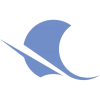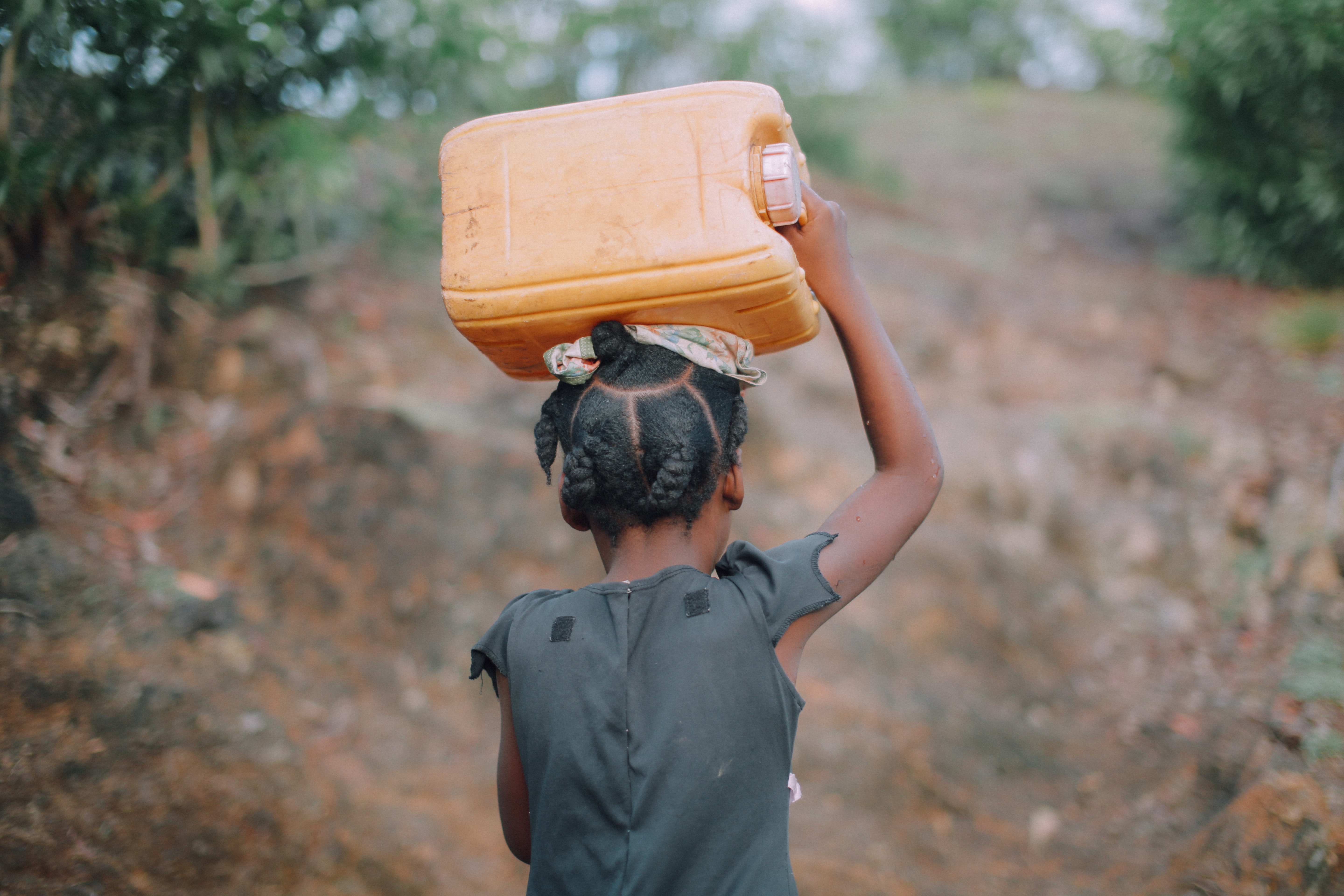Executive Summary
This case study supports and illustrates the theoretic factsheet "Simple vs. complex business models" with practical insights.
TARAlife's business model evolution
Technology and Action for Rural Advancement (TARA) is a social enterprise, part of the Development Alternatives Group, set up in 1982 in New Delhi, India. TARA consists of multiple sub-businesses that aim at fostering employment, entrepreneurship, sustainable technologies, as well as meeting basic needs in India. TARAlife Sustainability Solutions Pvt. Ltd, one of TARA’s social businesses, was set up in 2014 to address the issue of the lack of access to safe drinking water. Using WATA™ technology the social venture produces and sells Aqua+™, a 50ml liquid chlorine flask. One bottle of Aqua+™ can treat up to 500 litres of water, representing a cost of INR 0.8 (US$ 0.01) per 10 litres of water purified. Recently, TARAlife has been adding complementary products to its portfolio to capture value, raise impact and increase revenues.
To distribute and sell this 50ml liquid chlorine flask to people lacking access to safe drinking water TARAlife piloted different distribution options such as through NGOs, retailers, and micro-franchisees. After promising pilots, TARAlife decided to sell their products through partners across Northern India. Multiple partners were willing to give Aqua+ a try. A few months after this launch, it became clear that the original price of INR 42, having a high enough margin to cover the company’s costs, could not cover an additional attractive margin for the external sales staff to make a living. Accordingly the promotion of the product was very slow. In parallel to these experiences, TARAlife saw that there was demand for many other products in rural areas, bypassed by formal markets. To leverage these experiences TARAlife decided to create its micro-franchising pilot. In order to increase interest of sales people, TARAlife decided to cater to multiple value propositions via existing sales agents to fulfil a unifying/singular goal: satisfying needs at the base of the pyramid. TARA conceived the “Life+” portfolio of “Quality of Life” products and services that would be sold in addition to Aqua+ in order to increase the revenues of the micro-franchisees. TARA has been working to develop a “Quality of Life Portfolio” under the “Life+” brand. This will consist of a bundle of products and services for bottom of the pyramid customers, comprising different products such as:
- Preventive care to combat early childhood diseases: malaria testing kits, oral rehydration salts (ORS) & zinc to combat diarrhoea mortality and deworming medication
- Children’s health & nutrition related services: workshops on breastfeeding, vaccinations and nutritious food preparation
- Money saving products for the BoP: high efficiency stoves & cookware, water purifiers, solar lights, Aqua+
- Family planning & pregnancy and child support: condoms, pregnancy tests, nutritious foods & supplements, individualized counselling and workshops open to families and offered by trained community workers
This multiple value proposition offered through a product portfolio shows increased demand and first signs of success in the Shravasti district of Uttar Pradesh. TARAlife will further develop and support this opportunity to increase impact and viability of its product portfolio through its microfranchising system.
Lessons learnt from TARA innovating its business model
- Multiple business models can allow a company to use synergies of existing sales channels.
- Realizing that a specific aspect of a business model is not working or taking off as projected is the first step for improvement. But then alternative options have to be identified and be developed accordingly to change and improve the business model. This change can take time and needs to be clearly managed in order to reach efficiency.
- A safe water business producing and distributing a single product for the BoP has a challenging task. In order to be successful an innovative value proposition has to be in place in order to break even - as delivery is usually costly.
- Especially working together with sales people asks for sufficient margins in place across the supply chain. It is an essential pre-requisite to be able to hold the entire model together and retain micro-franchisees as well as allowing the active promotion of the products.
- Leading a multiple product portfolio, comprising not only safe water products implies to have more specific trainings for sales people as well as distinct communication and marketing activities in order to make the increased product portfolio visible.
Recommendations for replicating TARA’s experiences
- For making use of synergies with existing in-house capacities of the supply chain (e.g. distribution channels, storage, production etc.) make sure that the additional products are feasible and likely to be sold by your micro-franchisees.
- Do test that whether your value propositions of the multiple business model are conform with the needs of your customer segments and are feasible to be purchased.
- A safe water company has to clearly analyse the complementarity of the product to the existing products of the portfolio as well being very clear on the service offering as such in focus on the targeted customer segment (compare feasibility study).


